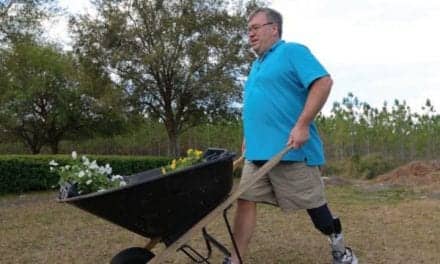.png)
The Rocky Mountain ADA Center notes that while emergency preparedness is vital for everyone, additional measures must be taken into consideration for the reported more than 1.15 million citizens with disabilities in the region. “Our region deals with wildfires that have affected several of our communities this year we continue to field calls and emails from citizens with disabilities who have been impacted throughout the Rocky Mountain area,” Jana Burke, director of Rocky Mountain ADA Center says.
Burke adds that while considerations should be made for each individual’s unique needs and abilities, every individual with a disability should take the necessary steps to prepare for emergencies and have plans in place to be better prepared for any situation that may arise. The ADA Center recommends that individuals with disabilities create a kit of emergency supplies for at least three days. Basic items within the kit should include water, non-perishable food, medical supplies, and a flashlight with extra batteries.
The ADA Center also recommends that a family emergency plan be developed to ensure there is a way to contact family members both locally and out of town. Next, a support network should be created as a part of an emergency plan. Contact information should be included in the supply kit, and support network members should be informed about key components associated with transporting an individual with disabilities, such as how to use or move durable medical equipment used by an individual if necessary, or about medications or treatments that are being used.
Identifying resources for assistance in the community is also emphasizes by the ADA Center, which urges individuals to be prepared to self-advocate as each individual is his or her strongest advocate for access to emergency services in the community. Each individual should be ready to explain their specific needs to first responders and emergency personnel. Lastly, the ADA Center urges individuals with disabilities and others interested in access issues to get involved with efforts at the local and state levels to ensure that future responses to disasters are more inclusive of individuals with disabilities.
To learn more, visit ready.gov or adainformation.org
Source: Rocky Mountain ADA Center




